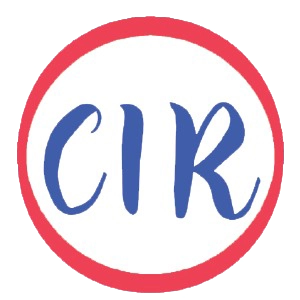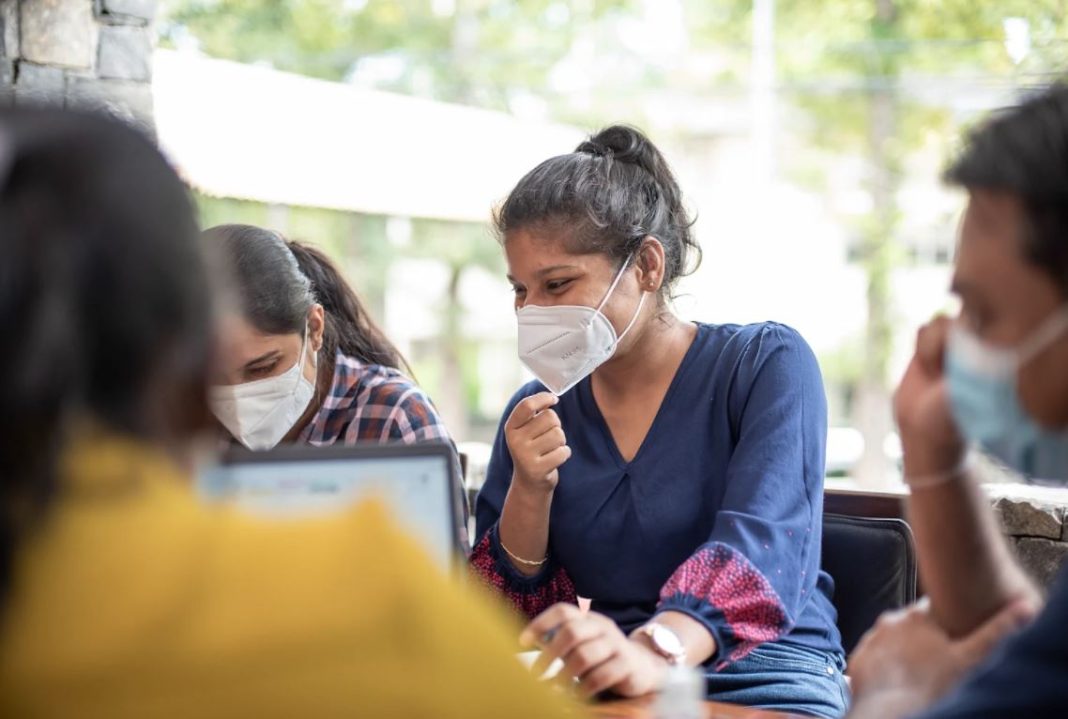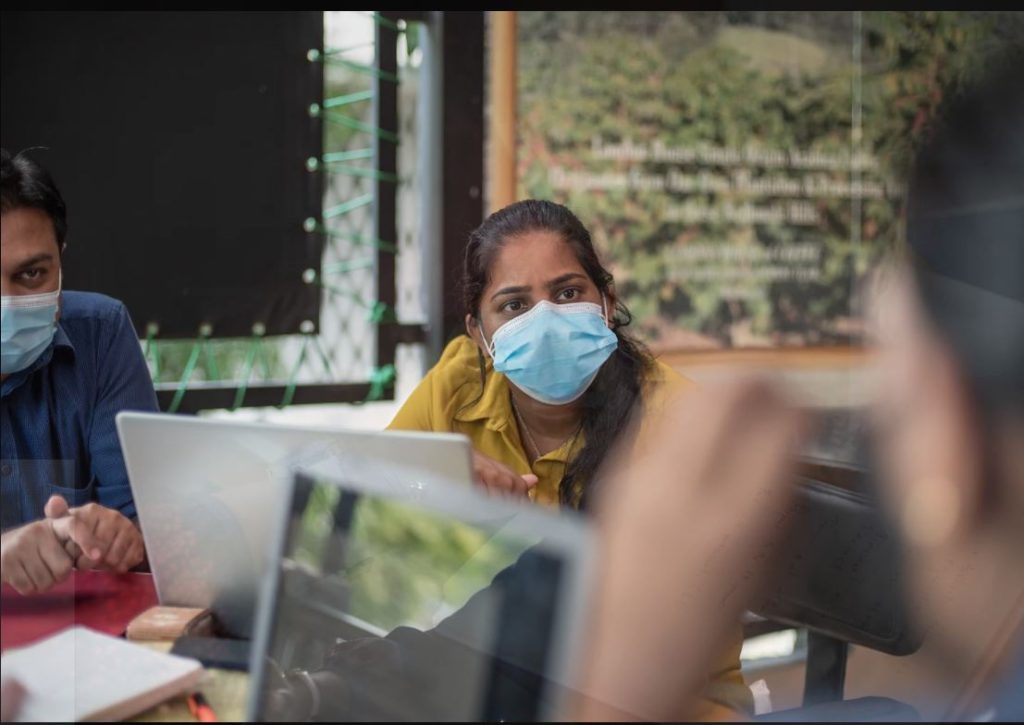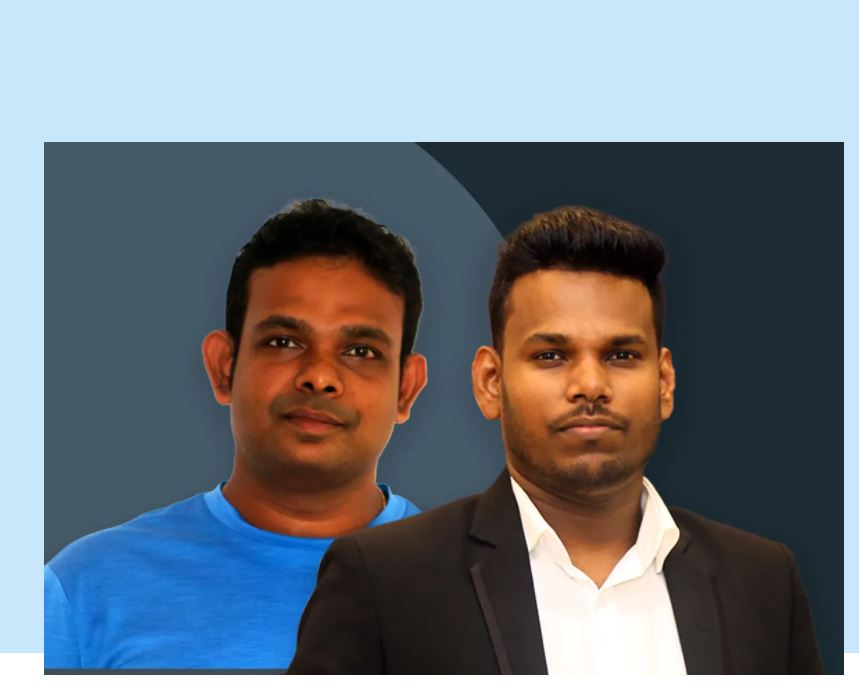Countering hate propaganda through best journalism practices and in-depth storytelling
“A crime feeds on crime, and as vile views move from the fringes to the mainstream, I am profoundly concerned that we are nearing a pivotal moment in battling hatred and extremism.”
These were the concerns of the Secretary-General as violence was escalating in the country. The Easter Sunday attacks in April 2019 ravaged the island with terror. The Sri Lankan government and the media focused on the transnational terrorist support for the attacks; the issue of local unrest between the Sinhalese and the Muslim communities was largely ignored.
The lack of reliable, structured, and accessible data to academic and public institutions, media organisations, and the general public compounded the issue. Such failures enabled the spread of negative, discriminatory campaigns by Buddhist extremists that deepened the fear and heightened the mistrust within the Muslim community.

In mid-2020, UNDP reached out to several civil society organisations in Sri Lanka to develop effective and innovative tools and methods that aim to reduce the vulnerability of Sri Lankan communities towards violent extremism. The Center for Investigative Reporting (CIR) stepped in to address and curtail the spread of conflict-inducing reporting in the media.
Sri Lanka’s media technology was up-to-date, but its media literacy among media practitioners and content creators is one of the lowest in the South Asian region. In addition, journalistic accountability and integrity have fallen by the wayside. These were the challenges faced by the CIR.
Focusing on the Truth and Positive Narratives
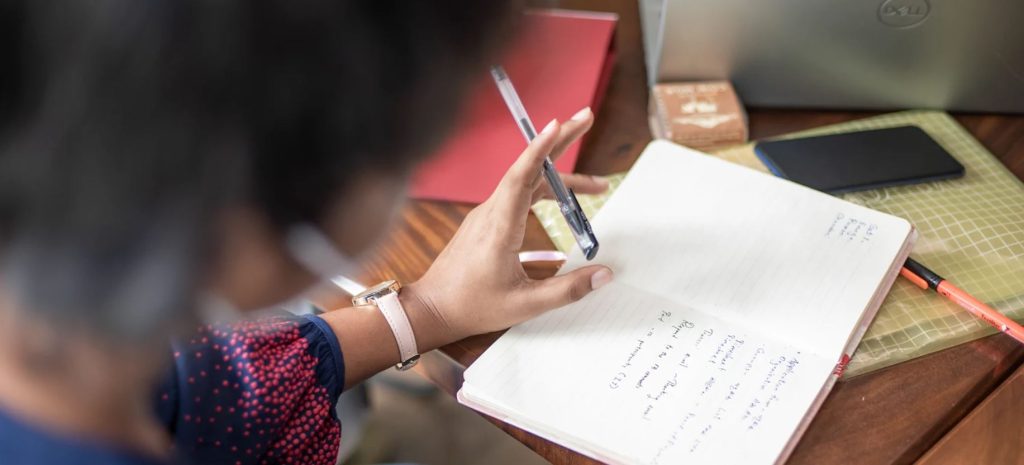
Today, technology and media diversification have made ‘breaking news’ the need of today, and social media plays a vital role in conveying information in a matter of moments to millions.
Therefore, CIR engages journalists and social media influencers to take a deeper look at issues, produce inquiry-based reports, and avoid amplifying rhetoric and systematic propaganda. The CIR initiative to empower journalists, visual storytellers, bloggers, citizen journalists, media educators, and interested citizens used investigative journalism as its tool; the initiative created awareness on the best practices of journalism, and its higher purpose, thereby aiding to halt the spread of hate messaging and propaganda.
The CIR projects, the first of their kind to be implemented in Sri Lanka, began on the 30th of November 2020 and used a three-pronged approach. The first was the Media Literacy Foundations Program, under which 18 training sessions were conducted for 300 journalists, media academics, civic groups, citizen journalists, and non-journalists who were made aware of the aspects and importance of media literacy and its need as a professional requirement.
One of the participants was Keshayini Edmond, a 30-year-old qualified architect, engineer, and freelance journalist from Batticaloa. Being involved with the program for a lengthy period, Keshayini shared her thoughts on the project stating, “as a Tamil citizen, we lived in our community with little to no interaction with other communities. Thanks to this project, I have learned that these stereotypes are man-made, and they should not be a reason for division among our communities. Every community should be respected and loved.”

As a freelance journalist, Keshayini’s focus within the project is to capture stories which most would avoid and she reflects on this with pride.
“People have constantly discouraged me from talking about subjects that are uncomfortable to hear. But I want to change that. As a freelance journalist, my duty is to bring out the truth, and I will continue to do so with my videos and stories.”
Investigative Reporting-The Way Forward
CIR’s second stage was the Investigative Journalism Foundations Initiative. This initiative was a collaboration with local and international experts on the subject. Here, a selected group of senior journalists learned the fundamentals of investigative journalism and they in turn are now serving as resource persons for young journalists.
The Associate Editor of the Ceylon Today newspaper, and a former Print Media lecturer at the Sri Lanka College of Journalists, Gagani Weerakoon, was a participant in this initiative and is currently a trainer. She said, “as an investigative journalist, this project enabled me to think critically while putting the theories into practice. It also emphasised the importance and raised my consciousness of investigating a news item, even if it is a simple WhatsApp message, before sharing it.”
As a trainer, Gagani plans to continue her teaching, sharing these new learnings with young journalists, as she guides them towards the correct path of investigative journalism, where the truth will be reported professionally, without any misinformation.
23-year-old freelance web-journalist Koshala Gunawardena from Sooriyawewa was another participant in this program. Working for three years as a mobile journalist, Koshala’s area of interest was investigative reporting. Speaking on the subject matter, he said, “Simply reporting news is not difficult. The questions are an interesting part of investigative reporting. Why is it happening? What are the reasons behind a news event? Does the reason have validity or have a social significance? Even though finding answers to such questions is difficult under the current system, I will rise to that challenge.”
“This project changed my outlook on reporting as a whole. It taught me how to obtain the truth, and how that information needs to be presented to my audience, plus the power the truth holds.”
Currently, Koshala is continuing his journalistic aspirations by utilising the learnings from the project on his own platform to provide news items truthfully to his audience. Speaking further on the matter, Koshala stated,
“I have a voice, and I know it is powerful. I am also aware that the truth behind every story is important. It is not for me to stereotype or marginalise any person or community as others do in mass media or spread fake news. My audience has the right to know the truth. I aim to offer that truth and by doing so change the current state of journalism.”
Evidence Based Story Telling
The third stage consisted of Accountability Journalism, and Alternate Narratives that took a novel approach by focusing on evidence-based creative storytelling. Using visual storytelling and creating compelling narratives through citizen journalism, the program attracted 200 plus young people who were not traditional journalists. Through this, they curated stories from far-flung places that record tales of inclusion and diversity. Selected video stories can be viewed through the CIR website.
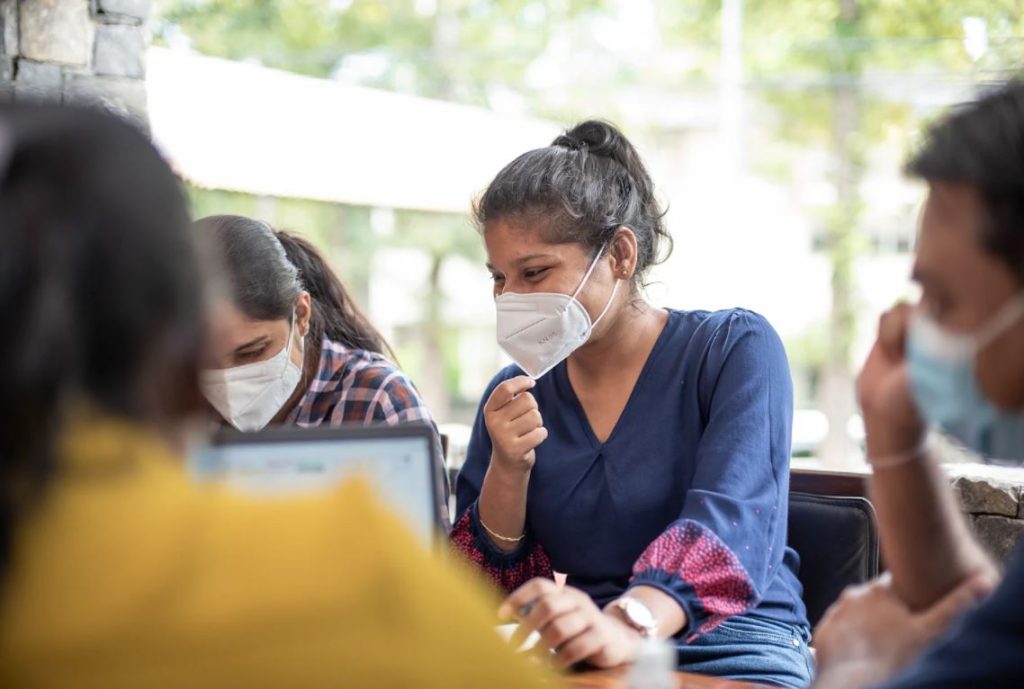
The outcome of these initiatives by the Center for Investigative Reporting is building the capacity of media personnel and others to produce unbiased and balanced narratives to counter the current hate messaging and propaganda. These initiatives continue to have positive effects as it creates a new group of journalists like Keshayni, Gagani and Koshala. They, in turn, will encourage more to uphold journalistic accountability while writing truthful narratives that do not cause or encourage racial or religious divides in the future.
“If I can change the mind of one person with my narrative, I have made a difference.”
Koshala Gunawardena
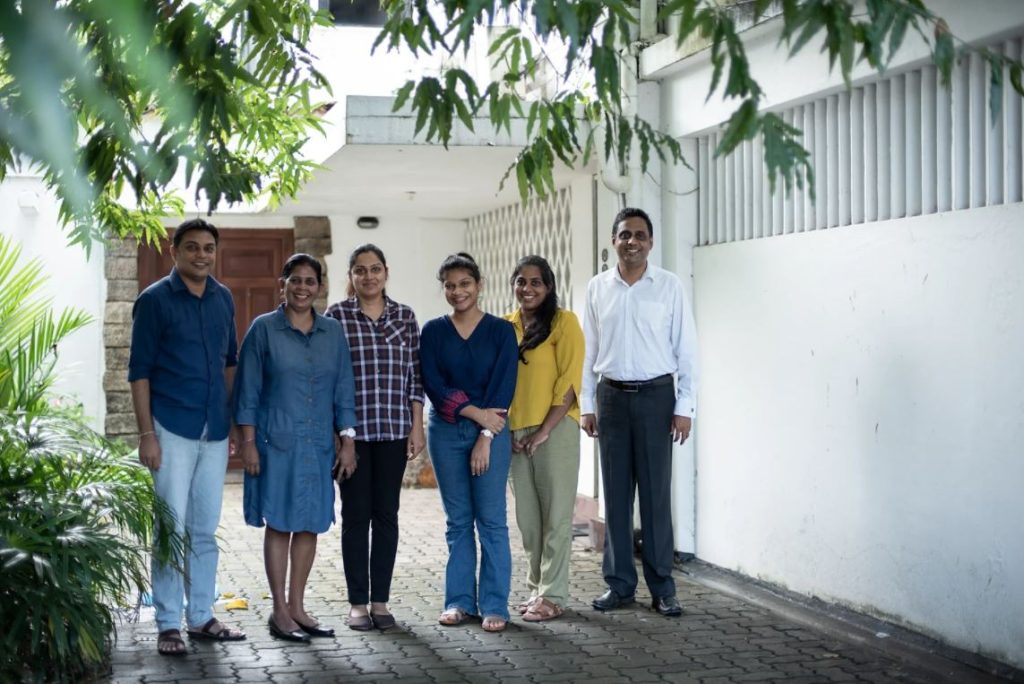
Footnotes
These interventions were a part of the United Nations Development Programme (UNDP)’s Regional Project on ‘Preventing Violent Extremism through promoting tolerance and respect for diversity’ funded by the European Union.
